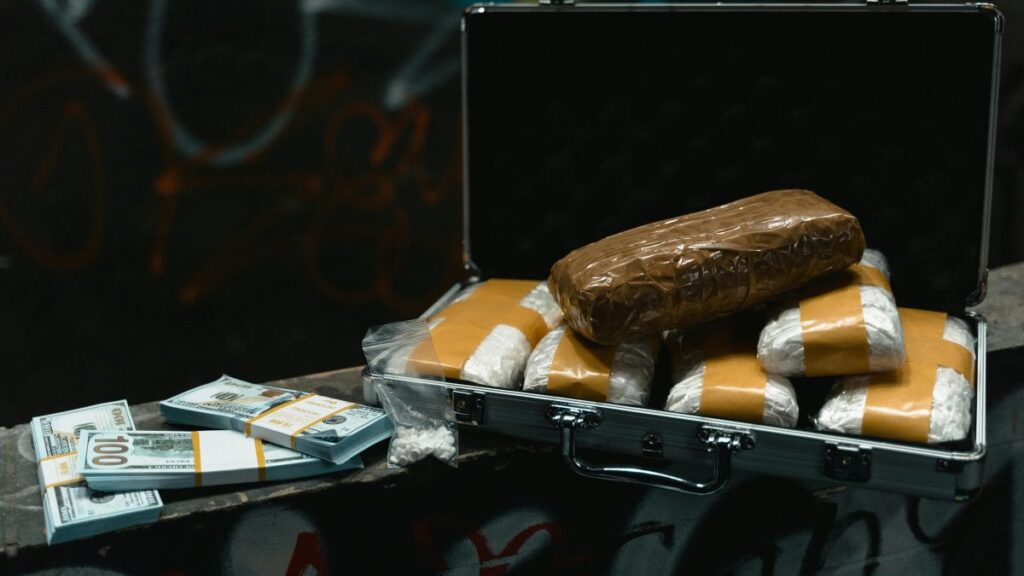A dramatic high-seas operation led to the seizure of more than 2.2 tonnes of cocaine, one of the largest hauls ever recorded in Europe. The drugs, transported aboard the cargo vessel MV Matthew, were intended for the UK and wider European market. Eight men involved in the trafficking attempt have since been jailed for a combined 129 years, while the cocaine was destroyed.
The operation unfolded as smugglers attempted to transfer bales of cocaine from the cargo vessel to a smaller fishing trawler. Storms, mechanical failure, and a series of blunders forced the traffickers into the open. The Irish navy and coastguard tracked the movements, eventually boarding the ship after issuing warning shots and deploying army rangers by helicopter.
The bust underscores the growing challenge faced by European authorities in tackling transatlantic drug trafficking. Despite record seizures, law enforcement admits that hundreds of suspect vessels slip through every year due to limited naval resources. The Maritime Analysis Operations Centre monitors up to 600 ships daily, yet lacks the capacity to intercept them all.
Ireland has become a critical entry point for traffickers, who see its extensive 2,000-mile coastline and limited naval resources as weak spots. With just a handful of ships and intermittent air support, the country’s waters have been described as a “free-for-all” for cartels. Plans are underway to increase defence spending and modernise maritime patrol capabilities, but gaps remain.
The case also highlights the scale of Europe’s cocaine problem. The UK alone consumed an estimated 117 tonnes last year, with cocaine-related deaths rising sharply over the past decade. Cartels are adapting by diversifying routes, moving away from heavily policed ports in Belgium and the Netherlands toward drop-offs at sea and remote inlets in Ireland.
While the seizure of the MV Matthew marked a rare success, experts warn that traffickers possess vast resources and treat occasional losses as a cost of doing business. With billions of euros at stake, they are expected to continue exploiting maritime vulnerabilities, turning the Atlantic crossing into a narcotic superhighway.

